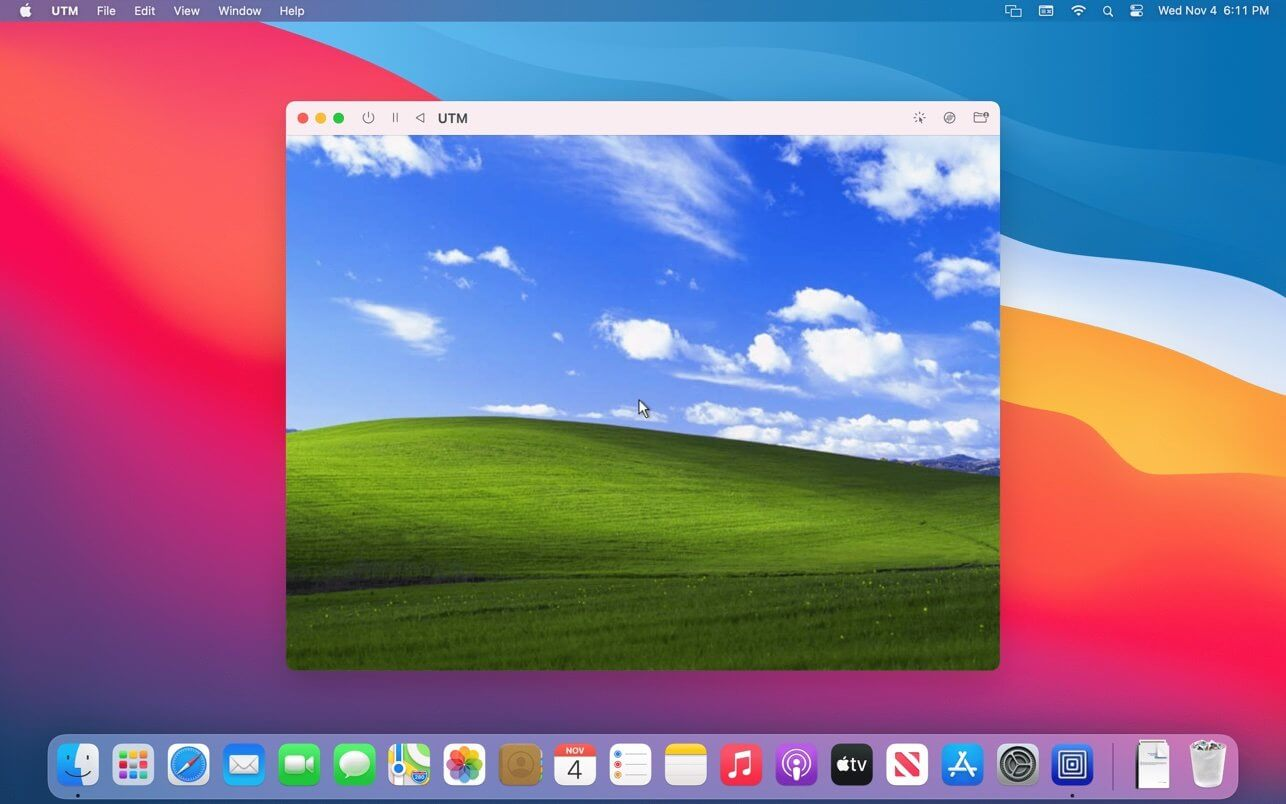Open Source Virtual Machine Software UTM 4.6.4 Released: Fixes for Windows 11 Black Screen Issues and More
UTM, the open-source virtual machine software designed for iOS, iPadOS, and macOS, has recently been updated to version 4.6.4. Primarily optimized for macOS due to Apple's restrictions, UTM offers a more seamless experience on macOS platforms, while iOS and iPadOS versions may require jailbreaking for optimal functionality.
Dedicated to enabling Apple ecosystem users to run virtual machines, including Windows and Linux, UTM has consistently delivered a commendable performance on macOS. The latest release, UTM for macOS 4.6.4, introduces significant updates with the QEMU backend, numerous bug fixes, and performance enhancements. Users are encouraged to upgrade to the latest version for the best experience.
Download Link: https://github.com/utmapp/UTM/releases
Key Highlights of UTM 4.6.4:
- QEMU v9.1.2 Backend Update: The latest upstream QEMU version brings various bug fixes and performance improvements.
- UTM for macOS 15: Linux nested virtualization is now deprecated by default on M3 and later chips.
- TSO Enablement: Enabling TSO in QEMU settings now significantly boosts performance for virtual machines simulating Intel processors.
- Dynamic Resolution Support: Virtual machines that support dynamic resolution will now default to remembering the last window size, including full screen.
- Removable Drives and Shared Directories: Now, while macOS VMs are running, it's possible to eject and change removable drives and shared directories.
- Clipboard Synchronization: After installing virtual machine tools (via the CD icon in the toolbar), macOS 15 virtual machines can support clipboard sync with the host.
Bug Fixes in UTM 4.6.4:
- File Failure Issues: Permission-related file failure issues that appeared in macOS 15.0/15.0.1 have been resolved in macOS 15.1.
- macOS M4 Series Devices: Virtualization failures in macOS VMs on version 13.4 and earlier have been addressed in version 15.2.
- CPU Architecture Matching: The default CPU for x86_64 simulation and virtualization now attempts to match the system architecture or the highest architecture supported by QEMU.
Other Changes and Fixes:
- Fixed an issue with virtio-ramfb devices causing black screens in Windows 11 24H2 and similar versions.
- Resolved crashes that could occur when large amounts of data were sent via serial port at startup.
- Addressed potential crashes with serial port-equipped VMs when data arrived after VM shutdown.
- Fixed crashes occurring when launching any Arm64 virtualized QEMU VM on macOS Monterey or earlier versions.
- Resolved issues where Linux VMs with GL acceleration enabled would freeze after extended periods.
- Fixed automatic resolution recovery not working properly after pausing or suspending macOS VMs.
- Addressed the disappearance of the mouse cursor when macOS VMs were paused.
